As ridesharing services like Uber and Lyft grow in popularity, questions of fault and liability in vehicle accidents do as well. Suppose that you or a loved one are injured when you are:
- A passenger on a rideshare trip
- A rideshare driver in an accident due to no fault of your own
- A motorist in another vehicle or pedestrian struck by a rideshare driver
In these cases, you could look to multiple parties for a financial recovery for your injuries, including Uber and Lyft. Our Uber and Lyft ridesharing accident lawyer from our law firm serving Killeen can help you determine how to proceed with any legal claims that you may have.
Getting a Financial Recovery for Your Injuries and Accident-Related Losses
A rideshare accident that results in your injuries can be costly to you in various ways. Some of these losses are direct economic losses, whereas other losses are more intangible, such as:
- Medical expenses to treat your injuries, both now and in the future
- Lost income if you are unable to work due to your injuries
- Physical pain and suffering
- Emotional trauma
- Permanent impairment, scarring, and disfigurement
Your financial recovery often depends on the extent of your injuries, the duration of required medical treatment, and the need for ongoing treatment. Your injuries could cause you a permanent impairment or disability. So, a portion of your financial recovery may represent your inability to work in the future and perform the hobbies you loved before the accident.
Understanding What to do After a Rideshare Accident
After a rideshare accident, you likely have called 911, spoke to police, and received emergency medical treatment. However, there are additional steps that you should take after your accident to protect your legal rights to seek damages for your losses.
- Follow up with any necessary medical treatment for your injuries
- Make a crash report on the Uber or Lyft app
- Follow up with police as needed to complete any reports
Also, you should write down as much as you can remember about the accident, including details such as:
- The names and contact information of any parties involved
- The names and contact information of any witnesses to the accident
- Accident location information with nearby streets and landmarks
- Date, time, and weather conditions at the time of the accident
- License plate numbers and driver’s license numbers
- Insurance information for all drivers
- Make, model, and year for all vehicles
How Our Ridesharing Accident Attorneys Are Here to Help
Our Uber and Lyft lawyers can help you through every step of the complex process of recovering damages for your injuries. From filing insurance claims to filing ridesharing accident lawsuits in court, we know how to collect and present the evidence necessary to support your Tyler case, such as:
- Police reports
- Medical records and bills
- Driving records
- Phone and GPS records
- Surveillance and dashcam footage
As your lawyers, it is our responsibility to prove the other party at fault for causing your injuries. We must show that the negligent or careless conduct of the at-fault party caused the accident that led to your injuries. Your lawyer must also carefully document the costs of your injuries and their impact on your life.
Holding Other Parties Accountable for Your Injuries from a Rideshare Accident
Various parties may be liable for your injuries after a ridesharing accident, depending on your circumstances. Establishing fault for the accident will typically determine which party or parties are responsible for the costs of your injuries.
Insurance Claims and Ridesharing Services
Both Uber and Lyft maintain a higher limit policies that apply if the driver strikes another vehicle or pedestrian and injures someone.
Insurance Claims and Drivers
Ridesharing services also advise their drivers to maintain personal auto insurance policies, which may apply in some cases. When a rideshare driver is not actively waiting for a rider, for instance, and causes an accident, you could file a claim through the driver’s personal insurance policy.
Filing Lawsuits
Regardless of who is at fault for your accident, if you cannot settle, you have the option of filing a personal injury lawsuit against all potentially liable parties. Most cases settle before ever going to trial. However, your attorneys can take your case to trial to get you the financial recovery appropriate in your case.
Meeting the Filing Deadline in Your Ridesharing Accident Case
Getting legal advice about your case soon after your accident can help you avoid missing the deadline to file your rideshare accident lawsuit. Texas law allows you only two years from the date of your accident to file your case in court.
Your attorneys need time to investigate your accident and collect evidence in your case. So, allowing them to get an early start on this process can be helpful.
Our Legal Team Can Stand by You Throughout Your Killeen Ridesharing Accident
After you have suffered injuries in a rideshare accident, you likely need to prioritize your health and recovery from this traumatic experience. We know you may have many questions about your rights to file personal injury claims after an accident. Your legal team can help.
Our accident lawyers have helped countless clients pursue financial recovery for their Uber and Lyft ridesharing injuries and other losses following accidents.
Talk to Our Team About Your Legal Options for Financial Recovery
The D. Miller & Associates, PLLC™ have significant experience handling car accidents and other personal injury cases. We know where to start and how to guide you through the legal process.
Call our offices for a free case evaluation and learn more about the services that we can offer you.

